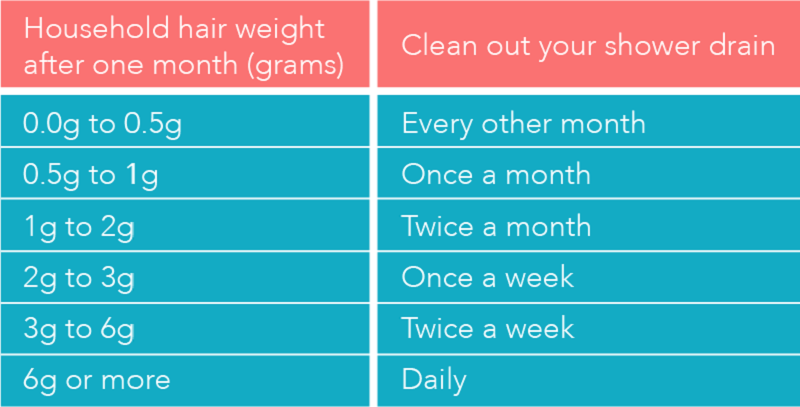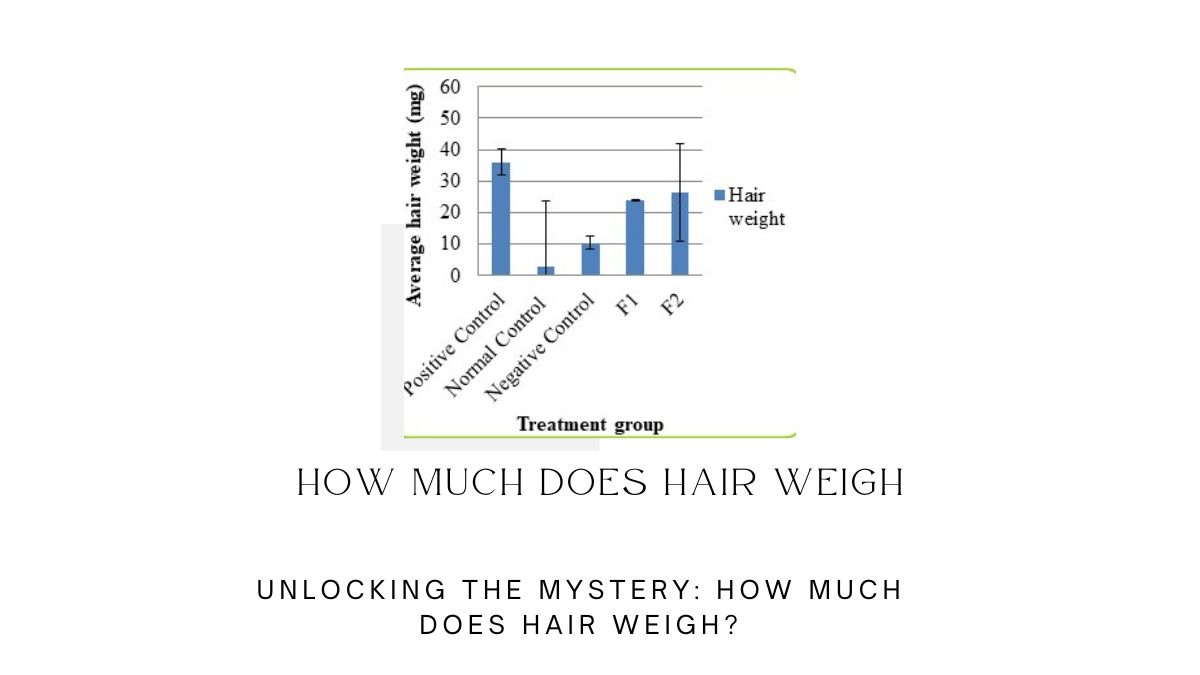Unlocking the Mystery: How Much Does Hair Weigh?
Welcome to the intriguing world of hair weigh! While we often focus on the length, color, and style of our locks, have you ever wondered about their weight? From its structural components to the various factors influencing it, hair weight holds more significance than we might think. In this comprehensive guide, we delve into the depths of this fascinating topic, exploring the science behind hair weight, its implications in different contexts, and much more.
Understanding Hair Structure
The Composition of Human Hair
Human hair is a complex structure primarily composed of a protein called keratin. This protein, along with water, lipids, and trace minerals, forms the basic building blocks of our hair. The three main layers of hair—the cuticle, cortex, and medulla—work together to provide strength, flexibility, and protection to each strand.
Variations in Hair Structure
While the basic composition of hair remains consistent, there are significant variations in structure among individuals. Factors such as genetics, ethnicity, and hair care practices influence these variations. For instance, individuals of Asian descent often have straight, thick hair with a round cross-section, while those of African descent tend to have tightly coiled hair with a flattened cross-section.
Read More: Mastering the Art of Detangling: A Guide for Synthetic Wig Care
Impact of Hair Structure on Weight
The structure of hair plays a crucial role in determining its weight. Thicker, denser hair tends to weigh more than fine, sparse strands due to the greater amount of keratin and other components present. Additionally, longer hair typically weighs more than shorter hair, as it contains more material along its length.
Factors Affecting Hair Weight
Thickness and Density
One of the primary factors influencing hair weight is its thickness and density. Thicker hair strands and higher hair density contribute to increased weight. This is why individuals with thicker, fuller hair often perceive their hair as heavier compared to those with finer, sparser strands.
Length
The length of hair directly impacts its weight. Longer hair contains more material and therefore weighs more than shorter hair of the same thickness and density. As hair grows, its weight gradually increases, especially if proper care is taken to maintain its health and integrity.

Moisture Content
The moisture content of hair also affects its weight. When hair is wet, it absorbs water molecules, temporarily increasing its weight. This is why freshly washed hair may feel heavier than dry hair. However, excessive moisture can lead to damage and breakage, so it’s essential to strike a balance in hair hydration.
Measuring Hair Weight
Methods of Measurement
Various methods are used to measure the weight of hair, ranging from simple scales to more sophisticated volumetric techniques. A common approach involves weighing a sample of hair using a precise scale and extrapolating the weight to estimate the total weight of the entire head of hair.
Units of Measurement
Hair weight is typically expressed in grams or ounces, depending on the region and convention. Scientists and researchers often use the metric system, measuring hair weight in grams for accuracy and consistency. In everyday life, individuals may use ounces or pounds to describe the weight of their hair.
Challenges in Measurement
Measuring hair weight accurately can be challenging due to several factors. The texture, thickness, and length of hair can vary significantly among individuals, making it difficult to establish standardized measurement techniques. Additionally, factors such as static electricity and varying moisture levels can introduce errors in weight measurements.
Average Hair Weight
Research Findings
Studies have provided insights into the average weight of human hair, helping to establish benchmarks for comparison. Research suggests that the average weight of a single strand of human hair ranges from 0.05 to 0.1 grams. However, this value can vary depending on factors such as hair type, ethnicity, and environmental conditions.

Gender Differences
On average, men tend to have thicker and coarser hair than women, leading to slightly higher hair weights. However, individual variations exist, and factors such as hair care routines and genetic predisposition can influence hair weight regardless of gender.
Ethnic Variations
Ethnicity also plays a role in determining hair weight, with differences observed in hair texture, thickness, and density among different ethnic groups. For example, individuals of East Asian descent often have thicker, straighter hair compared to those of European or African descent.
Implications of Hair Weight
In Fashion and Cosmetics
Hair weight has significant implications in industries such as fashion and cosmetics, where voluminous, luxurious hair is often associated with beauty and elegance. Hair products and styling techniques are designed to enhance volume and weight, catering to consumer preferences for fuller-looking hair.
In Healthcare
In healthcare settings, monitoring changes in hair weight can provide valuable insights into an individual’s overall health and well-being. Significant fluctuations in hair weight may indicate underlying health conditions such as nutritional deficiencies, hormonal imbalances, or stress-related issues.
In Cultural Context
Culturally, hair weigh can hold symbolic significance, representing vitality, strength, and cultural identity. Traditional practices such as elaborate hairstyles and hair adornments reflect the importance of hair in various cultures worldwide.
Conclusion
In conclusion, the weigh of human hair is a multifaceted aspect of our physical appearance that encompasses various factors, including structural composition, thickness, length, and environmental influences. Understanding the nuances of hair weight can enhance our appreciation for the diversity and complexity of human hair and its significance in different aspects of life.
Frequently Asked Questions (FAQs) about Hair Weight
The weight of an average human head of hair can vary widely depending on factors such as hair thickness, density, and length. On average, a single strand of human hair weighs between 0.05 to 0.1 grams. Extrapolating this to the entire head of hair, the total weight can range from approximately 100 to 200 grams (3.5 to 7 ounces). However, individual variations exist, and factors such as ethnicity, gender, and hair care practices can influence overall hair weight.
Yes, hair weight can change over time due to various factors such as aging, hormonal fluctuations, and changes in hair care routines. For example, as individuals age, hair density may decrease, leading to a reduction in overall hair weight. Additionally, certain medical conditions or treatments, such as chemotherapy, can cause temporary or permanent changes in hair weight. Regular trimming, styling, and chemical treatments can also affect hair density and weight.
Yes, hair products can influence hair weight, particularly those that add volume or moisture to the hair. Products such as volumizing shampoos, conditioners, and styling mousses can temporarily increase the perceived weight and thickness of hair by coating the strands and enhancing their texture. Conversely, heavy or oily products may weigh down the hair, making it appear thinner and less voluminous. It’s essential to choose hair products carefully based on individual hair types and desired outcomes.







